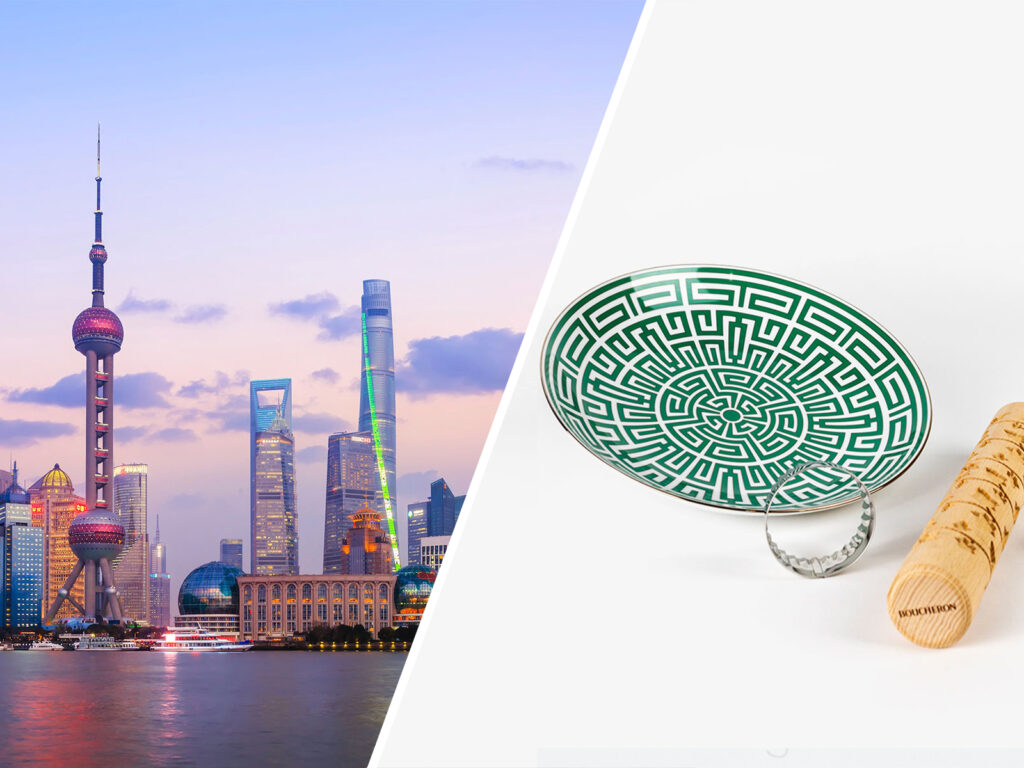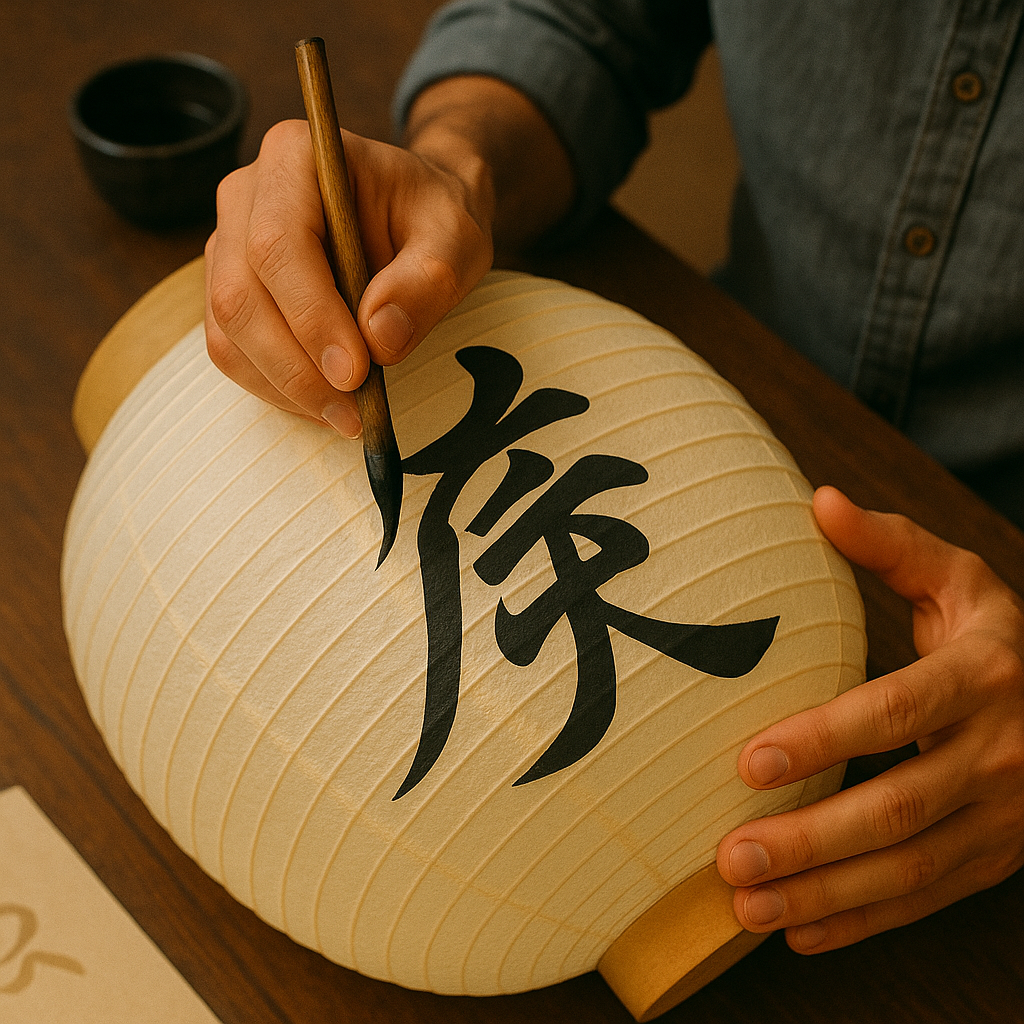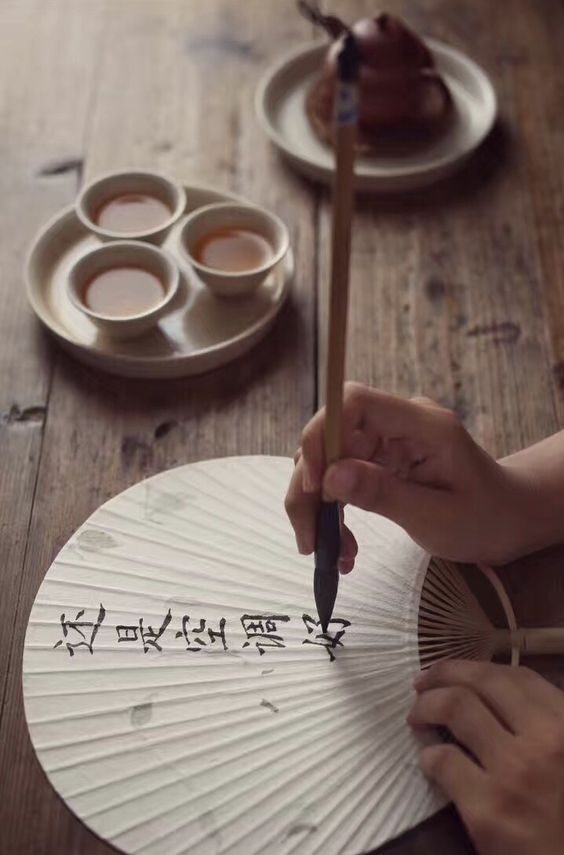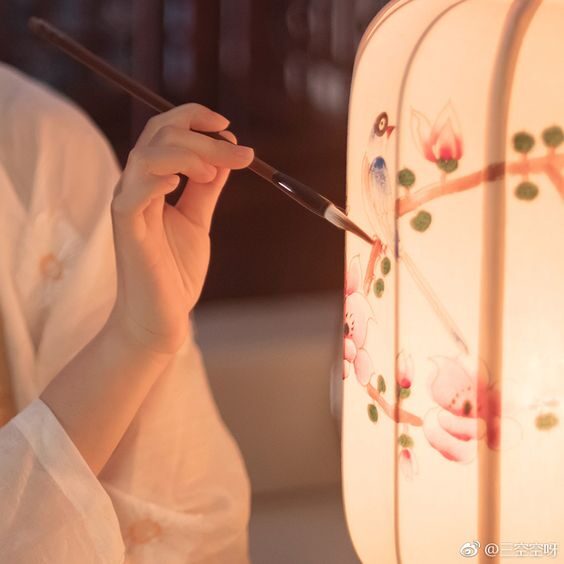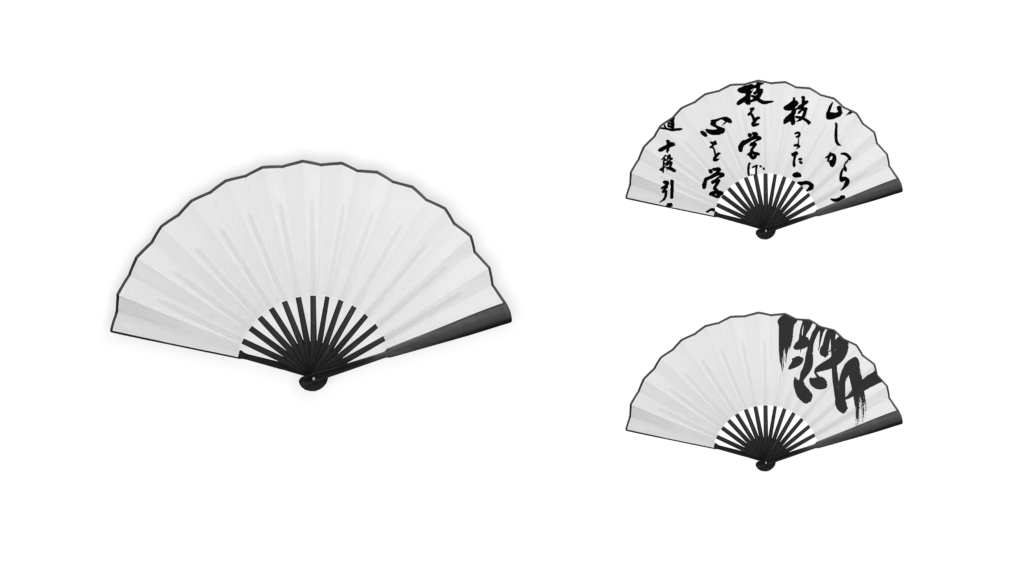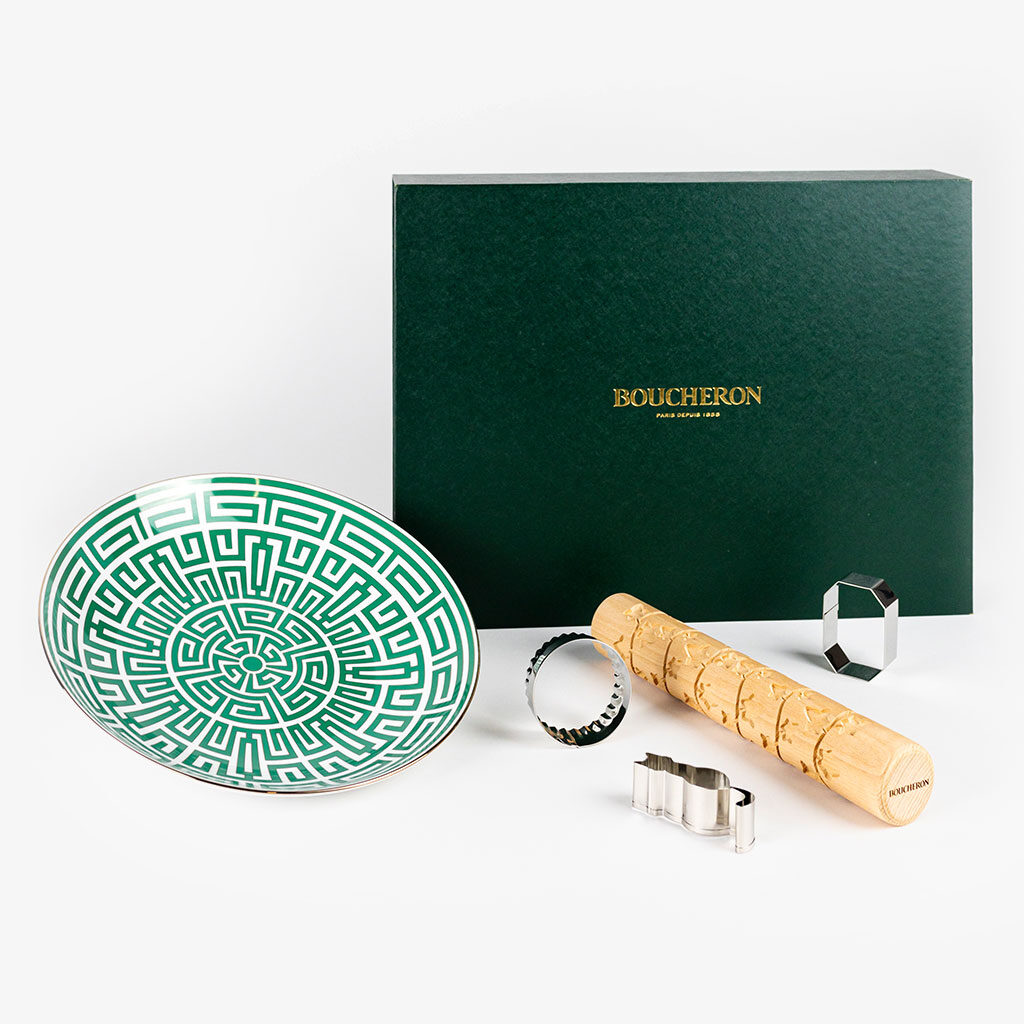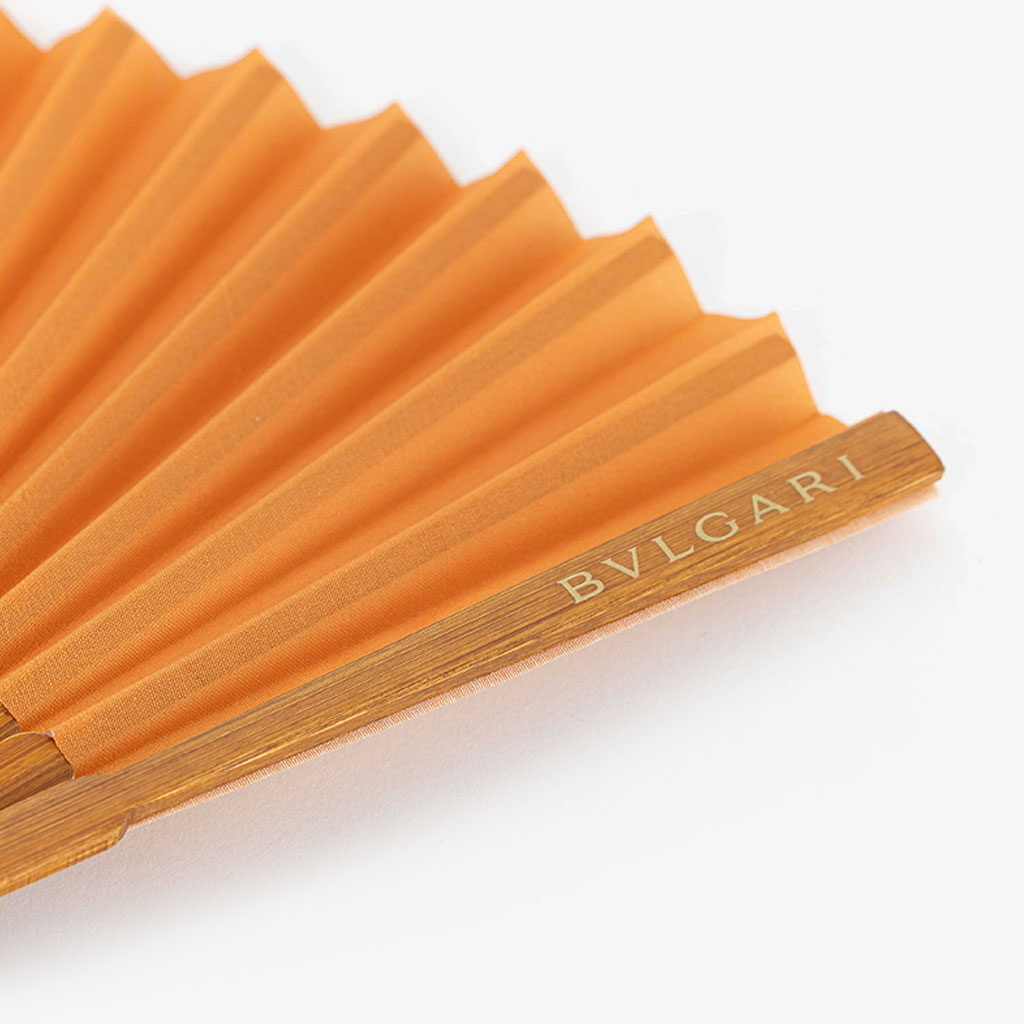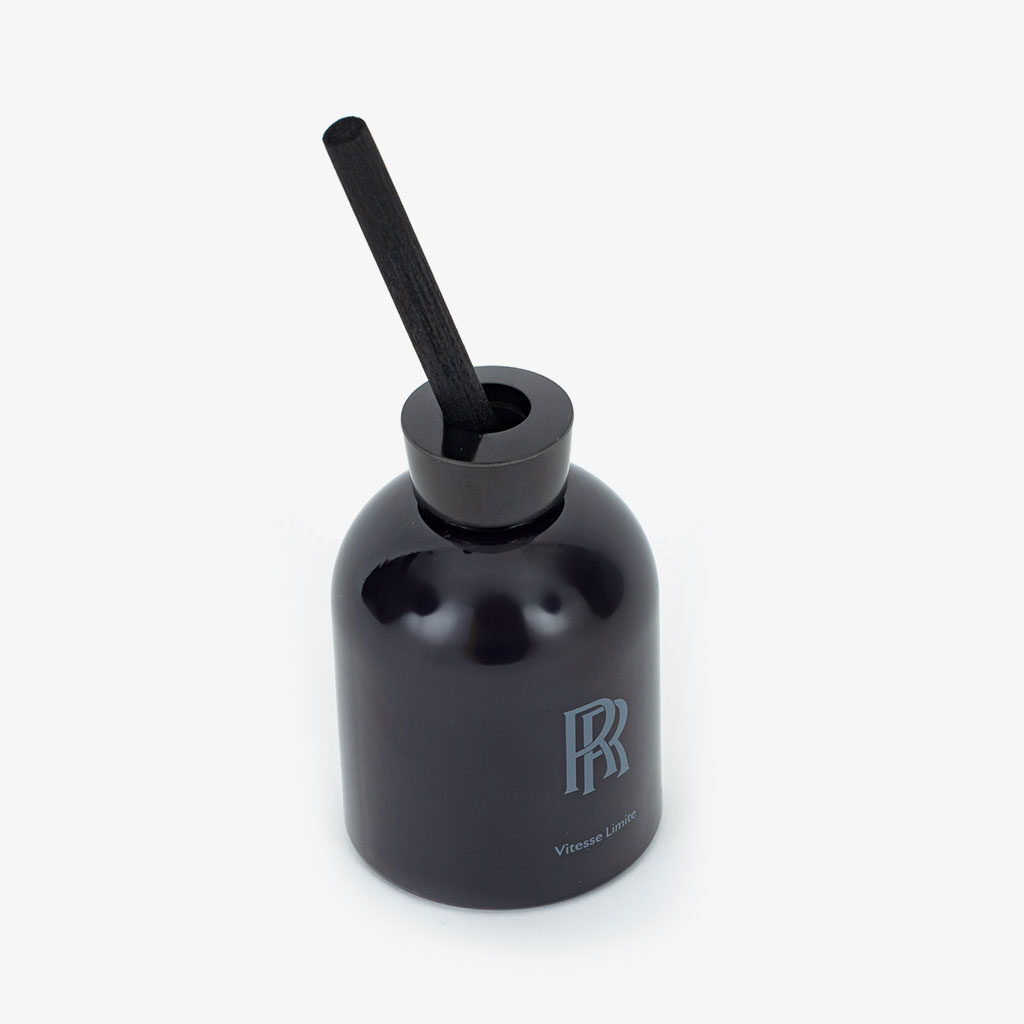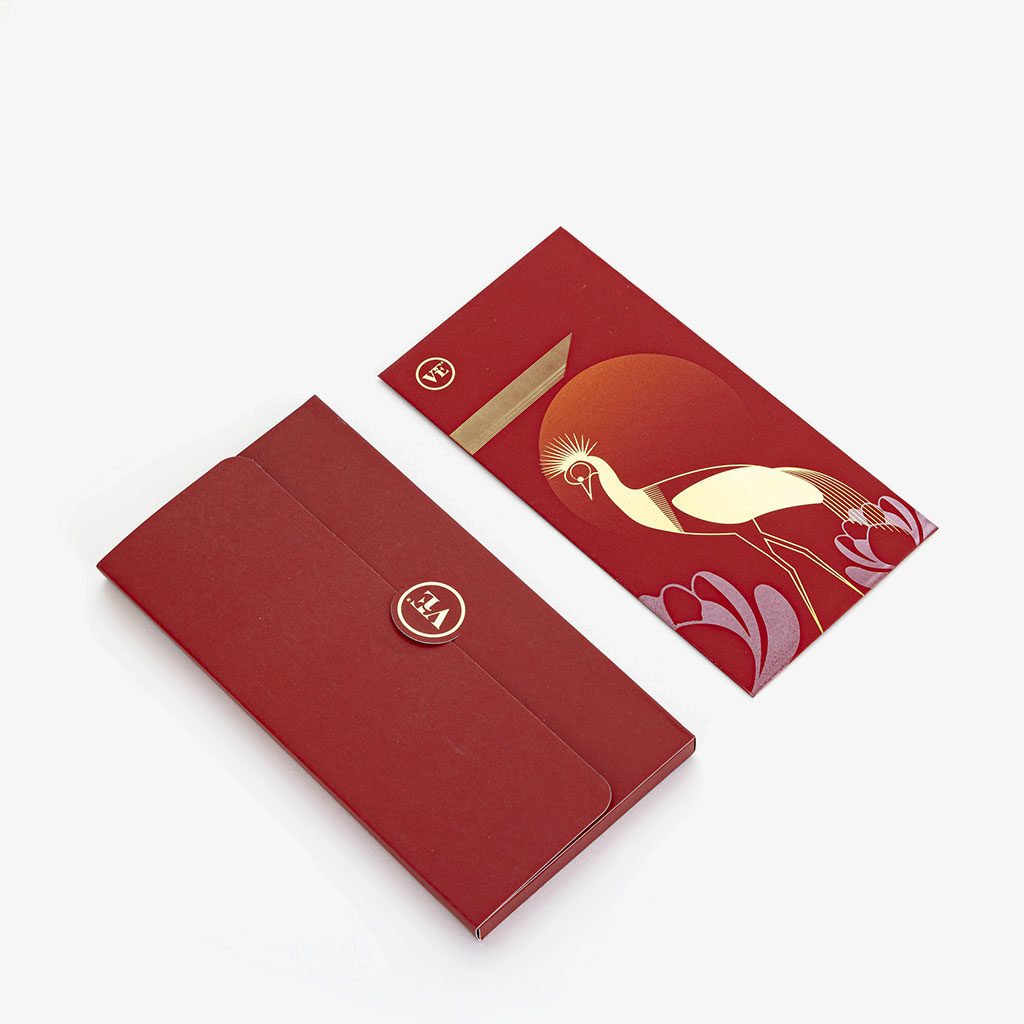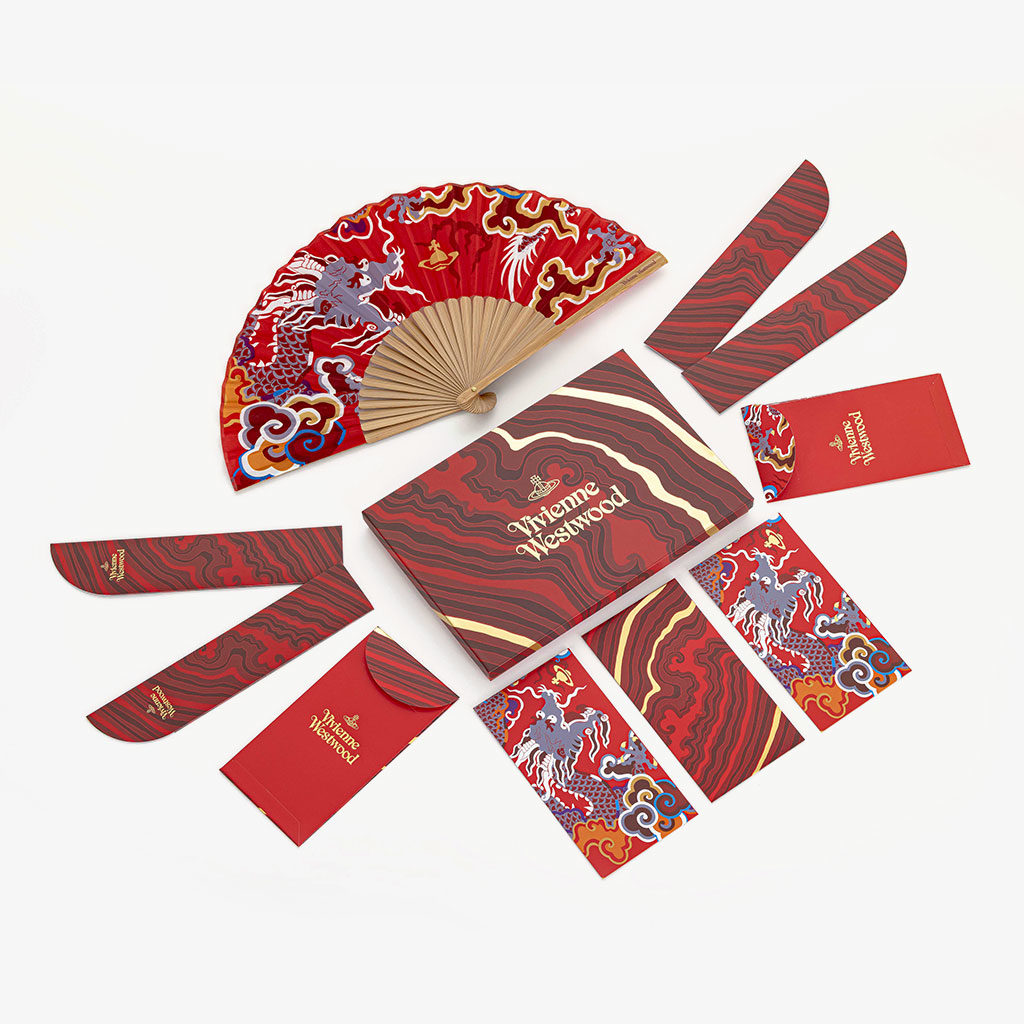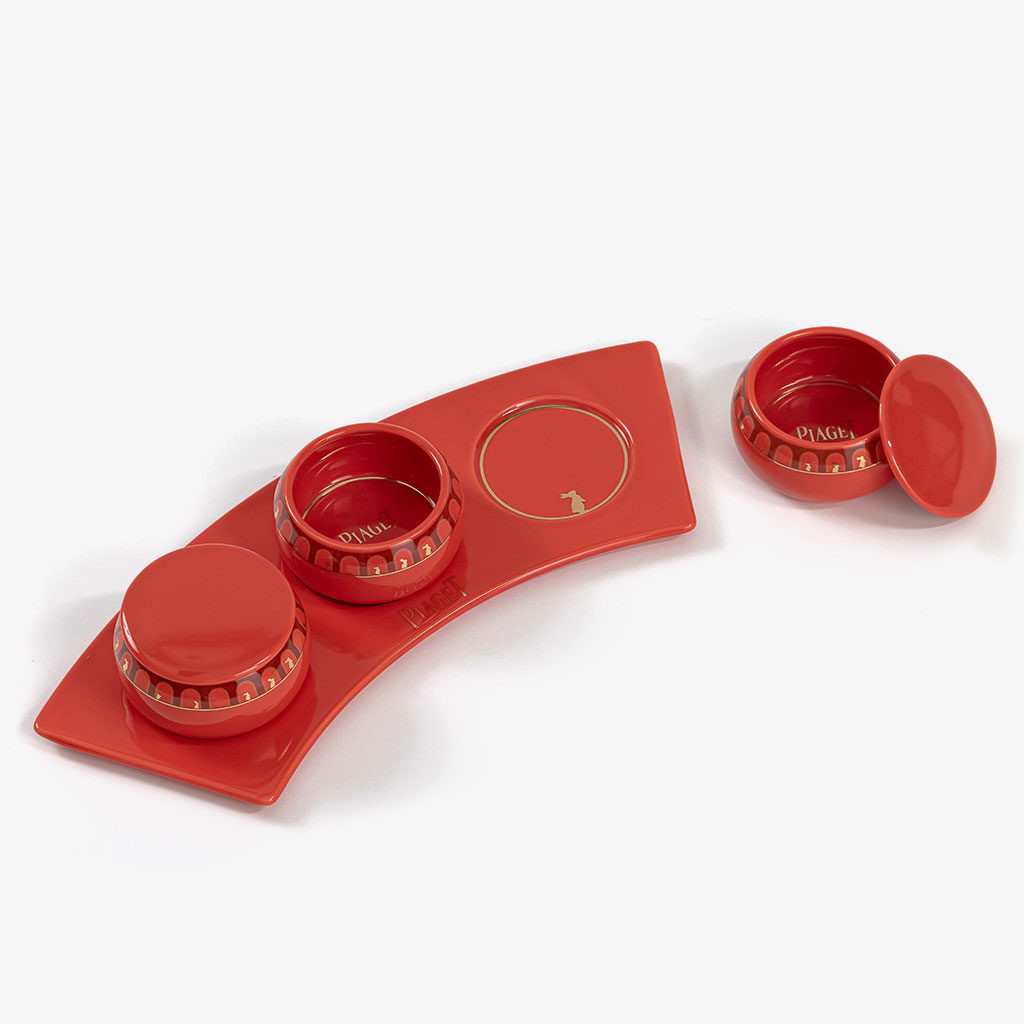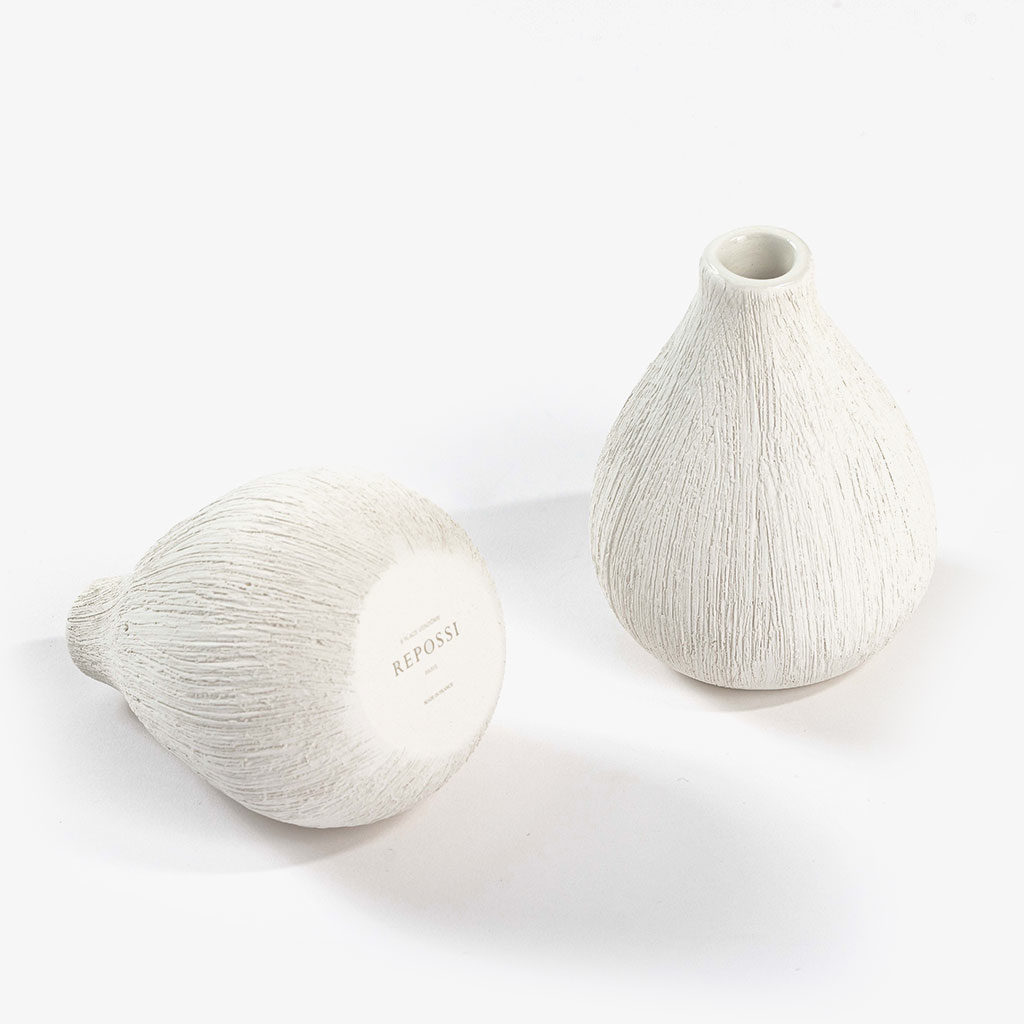Understanding Market Dynamics
According to the China Luxury Report 2024 by Bain & Company and Altagamma, China’s luxury market declined by 18–20% in 2024, falling back to 2020 levels. This downturn stems from lower consumer confidence, domestic economic volatility, and a significant rise in overseas spending.
All segments of the luxury industry have been impacted:
- Jewelry sales dropped by 25–30%,
- Watches saw an even steeper decline of 28–33%,
- Even traditionally resilient categories like cosmetics and fragrances declined by 10–15%.
In Hainan province, known for its favorable tax policies on luxury goods, duty-free sales fell by 29% — a clear sign of waning domestic consumption. This has coincided with a 15% drop in domestic tourism, as Chinese consumers increasingly favor destinations such as Japan, South Korea, or Thailand, where luxury shopping is more affordable and can be paired with premium travel experiences (source: CPP Luxury, April 2024).
Business Gifting Strategies to Embrace
1. Focus on Experiential Value
Chinese consumers are increasingly seeking emotionally resonant experiences. According to the McKinsey China Luxury Report 2023, 67% of younger Chinese luxury consumers believe that luxury is no longer defined by price or brand alone, but by the experience it delivers. Gifts like luxury wellness retreats, exclusive masterclasses, or VIP event invitations can leave a more lasting impression than a physical item.
2. Merging Signature Objects with Cultural Experience
Certain objects can serve as powerful cultural bridges when embedded in personalized, meaningful experiences. A traditional rice paper lantern, for example, hand-calligraphed on-site by an artist, combines refined local craftsmanship with human interaction and aesthetic finesse. As a concentrated expression of brand DNA, such an item reflects deep respect for Chinese culture and attention to narrative, detail, and emotion — becoming a memorable symbol of connection and differentiation in a business relationship.
3. Embrace Cultural Authenticity
Brands that integrate Chinese cultural elements or collaborate with local artists are gaining relevance. Gucci, Cartier, and Bulgari, for instance, have all launched limited editions inspired by Lunar New Year, the zodiac, or traditional motifs — underlining how cultural anchoring is key to winning over a more discerning audience.
4. Prioritize Quality Over Brand Prestige
The rise of “quiet luxury” in China means increased attention to craftsmanship, discretion, and perceived quality. According to BCG x Tencent, high-end Chinese consumers from Gen Y and Z are gravitating toward niche or under-the-radar brands that reflect a more intimate and understated form of luxury.
5. Adapt to Digital Preferences
China remains a global leader in digital luxury. According to Daxue Consulting, more than 50% of luxury purchases now occur online. Offering digital experiences — such as exclusive NFTs, virtual access to private fashion shows, or personalized smart devices — can be a powerful differentiator.
6. Embrace Sustainability and CSR
Ethical and environmental factors have become central. PwC China reports that nearly 70% of Chinese luxury consumers view sustainability as a key factor in their purchasing decisions. Gifts made from recycled materials, through short supply chains, or with a meaningful sustainability narrative are likely to be more warmly received.
Conclusion
As China’s luxury market undergoes profound transformation, Luxury Business Gifts must evolve to stay relevant. Focusing on meaningful experiences, strong cultural ties, exceptional and meaningful objects, impeccable quality, digital integration, and sustainability allows companies to not only maintain but deepen professional relationships in China. In this more demanding and uncertain climate, the relevance of a gift becomes a true strategic lever—of differentiation, loyalty, and elegance.
